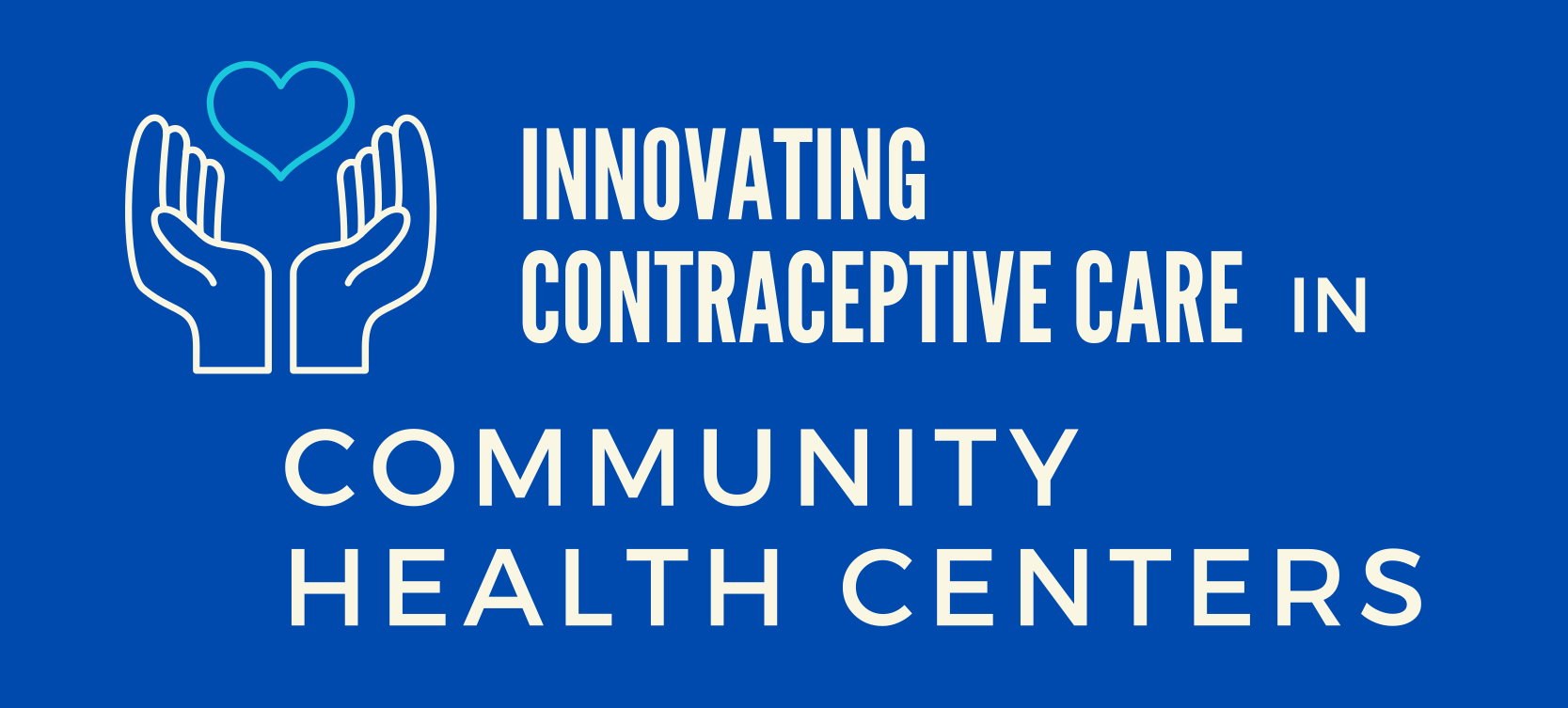As described, attention to issues of health equity, and specifically the historical and ongoing reality of bias in the delivery of reproductive health care to specific populations, including people of color and people with disabilities, is essential. For example, research has documented that patients of color are more likely to have highly effective methods recommended to them, are more likely to be pressured to limit their family size, and are more likely to have clinicians refuse to remove an IUD or contraceptive implant at the patient’s request. Explicit discussions of and education about the impacts of racism and bias in contraceptive care are essential to the delivery of person-centered contraceptive care.

